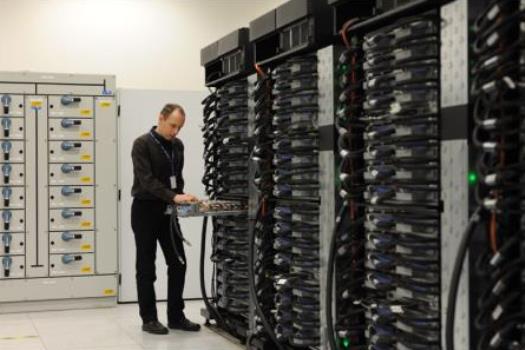
Since it began last year, the project has exceeded its goal to create 145 new IT jobs in the province and has 20 ongoing research projects involving seven Ontario universities that are leveraging the high performance computing power of IBM’s Blue Gene/Q supercomputer as well as the company’s cloud computing and agile computing platforms, according to Prof. Paul Young, VP of research and innovation at the University of Toronto.
Among the projects is the medical data sharing and privacy project by the University of Ottawa, which aims to develop a new healthcare privacy and security framework to address both patient care and medical research.
“Hospitals all over Toronto have amassed a tremendous amount of patient data which could be useful for research for cures to diseases such as cancer,” according to Fida Dankar, one of the IBM post-doctoral fellows helping University of Ottawa researchers on the project. “One of the challenges is that legislation prohibits hospitals from sharing patient data if they can be linked to the individual.”
RELATED CONTENT
New polymer can cut supercomputing cost
IBM fully behind OpenStack for clouds
She said, data is more easily shared among hospitals if the information is anonymous.
“However, hospitals do not have the computing resources to encrypt the massive amount of data involved, so we need to use Blue Gene,” she said.
IBM’s Blue Gene/Q is recognized as the fastest supercomputer in Canada. It is an 18-core chip machine with 64-bit power PC A2 processor core capable of four-way simultaneous multi-thread computing. Last year, IBM announced that its Blue Gene/Q line of supercomputers managed 20 petaflops or more than 20,000 trillion floating computations per second.
“Blue Gene/Q’s power is equivalent to that of three million smart phones or 6,500 high-powered laptops,” said John Lutz, president of IBM Canada. “It is 30 per cent faster than other computers in its class, but it uses five times less power.”
IBM Canada, committed contributions valued up to $175 million through December 2014 for the government-business R&D program in order to establish the IBM Canada research and development Centre which serves as a hub for IBM research in Canada. The federal government provided $20 million for the project and the Government of Ontario committed up to $15 million.